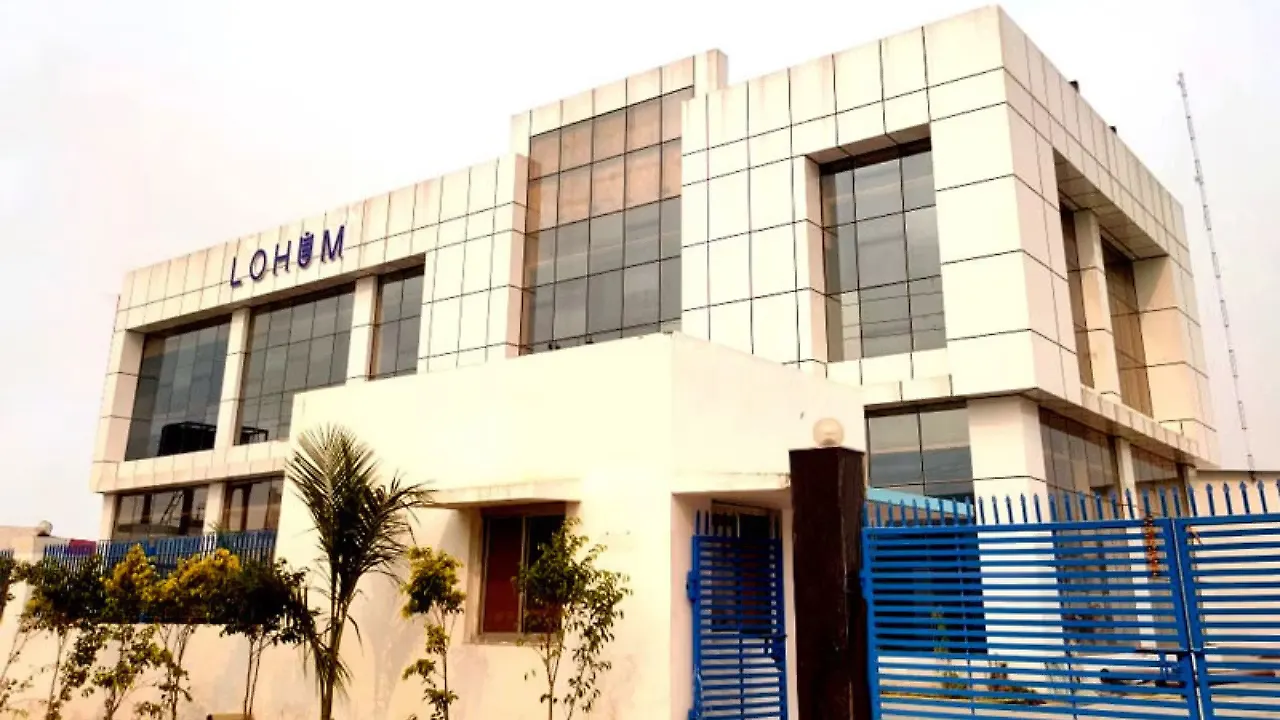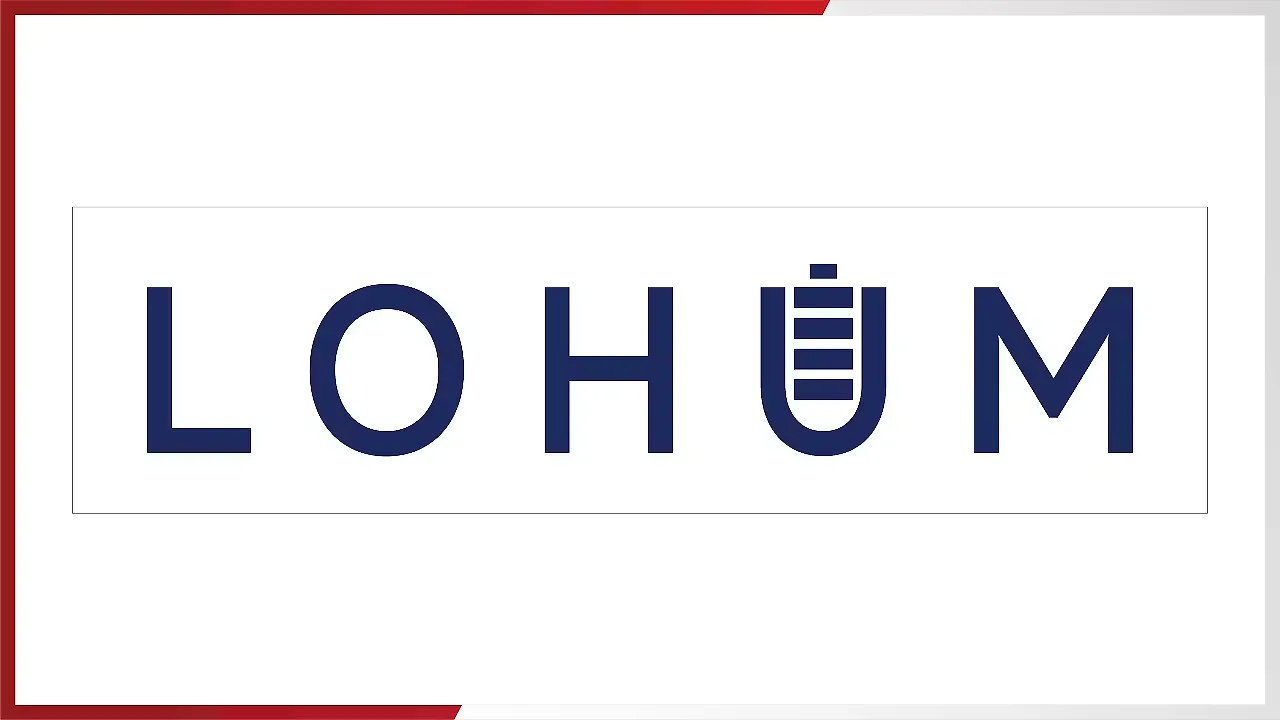
Producer of sustainable battery raw materials through recycling, repurposing, and low-carbon refining - Lohum plans to get into cathode active material production.
During the interaction with Mobility Outlook, Rajat Verma, Founder and CEO, Lohum, confirmed that while the company plans to commence the pilot production by December 2023, the full-phased production is slated to begin by the end of FY25.
While the company recycles precursor (a mixed-metal hydroxide of nickel, cobalt and other chemical elements) materials that cannot be supplied to the cell manufacturers, with the cathode active material production, it will be able to cater to the cell manufacturers as well, hence closing the loop, said Verma.
China currently dominates the cell manufacturing space, with most cell production happening in the country for global sales. While some European nations are also into cell production, most cells coming out of the region are utilised for self-usage. Verma believes that even if Lohum can capture the market with a high single-digit percentage, it would be a success for them.
The Lohum CEO believes that the true sense of localisation can only be achieved if India can localise cathode active materials as it is the biggest cost item in cells, and cells are the biggest cost item in an EV.
Expanding Current Capabilities
Starting its journey in 2017, the company currently uses the patented technology, ‘for a ‘three-way approach to critical useful life’ to extract precursor materials. Here, it has three models, which include physics-based modelling, empirical modelling and data science-based modelling, to determine the utility of a used battery. Typically, this involves measuring data points when a battery is collected.
To date, the company has claimed to have recycled 30 gigawatt hours of batteries, while the idea is to close the current financial year with 50 gigawatt hours of batteries recycled. For this, the company is banking on the number of partnerships it has announced with various OEMs.
Verma noted that the company wants to understand the battery well; while “our partners are local, in whichever geography, they understand the local ecosystem much better, they can provide the logistics associated with the battery much better, and they understand the local regulatory requirements much better.”
To this extent, Lohum recently announced its partnership with MG Motor India and Acko Insurance. While with the Acko insurance partnership, Lohum offers the insurance company the value of the battery for insurance purposes.

Meanwhile, with the MG Motor India partnership, the company aims to establish a comprehensive ecosystem for EV batteries' reuse and lifecycle management. The idea is to develop the concept of second-life solutions for batteries. The project will harness the potential of used batteries by repurposing them as battery energy storage products and extending their lifecycle.
Verma noted that there are almost 40 such partnerships that Lohum has established and will be working on further. The idea behind these partnerships is to aid these companies in fulfilling their CSR activities while helping rural India grow.
Under one such partnership, the company, along with its partner, plans to install stationary energy storage solutions in village hospitals, schools and Government offices in the first phase. These energy storage solutions will use used EV batteries and be charged through solar panels; two such projects power the Lohum headquarters in Noida using Mercedes-Benz EV batteries.
In the second phase, both partners will use a similar solution to offer EV charging stations to these villages. These charging stations, too, would use used EV batteries and charge through solar panels. An example of such an EV charger can be found at Lohum’s factory in Noida, UP. Additionally, for these chargers, the company is also working on a software solution to help customers properly charge their vehicles.
While the company currently wants to keep its focus on stationary energy storage solutions when reusing batteries, it also offers two and three-wheeler EV batteries made using second-life cells.
Increasing International Presence, Indian Workforce
With its current operations, Verma claims that 90% of the business comes from India while the rest comes from international markets. However, the founder predicts the ratio will soon increase to 50:50 as the company builds its international capacities.
He added that while the current sets of partners in the international markets can help Lohum achieve the target, adding capacities will be key to the target. Earlier in a conversation with the publication, Verma noted that the growth model overseas would be a mix of capacity expansion and buyouts.
“Wherever we believe we can build the team organically, we will do so; else, we are open to possible acquisitions or partnerships with other entities with a global presence,” said Verma.
Meanwhile, in India, the company plans to add its fifth facility within the Delhi NCR region, where the other four facilities are located. With the fifth facility in place, the company plans to have a combined capacity of recycling 20,000 tonne of batteries each year.
The company plans to expand its R&D and recycling capacities with the fifth plant. Verma noted that the new facility will allow the company to increase the headcount in R&D to 200 from the current 60, while the total number of employees will increase to 2,000 in the next three years. Currently, about 10% of its employees are in R&D, in which 5% of its revenue is spent.
The company also plans to announce another facility in the country. This facility will be beyond Delhi and have a capacity of 20,000 tonne per year.
With all these expansions, the company is looking at an investment of $ 150 million in the next five years. However, Verma noted that these investment figures are likely to go up with the changing scenario in the global energy transition.
Also Read